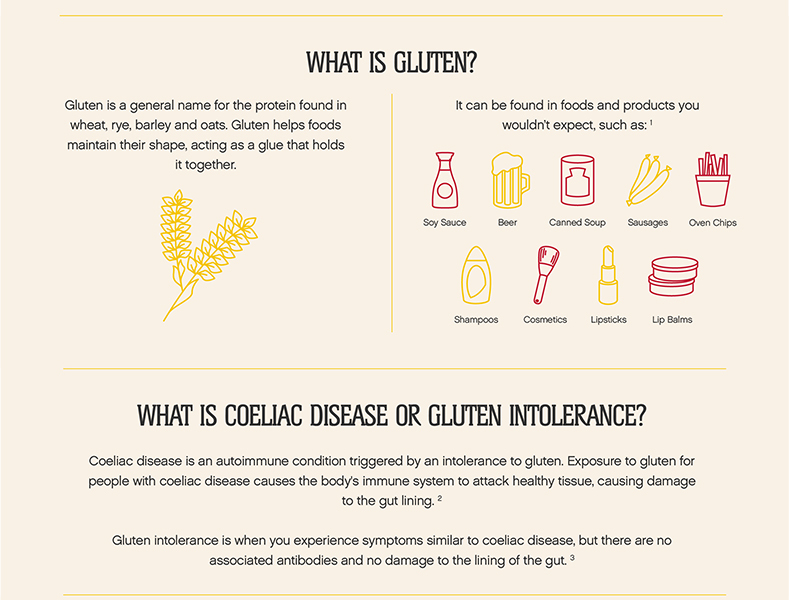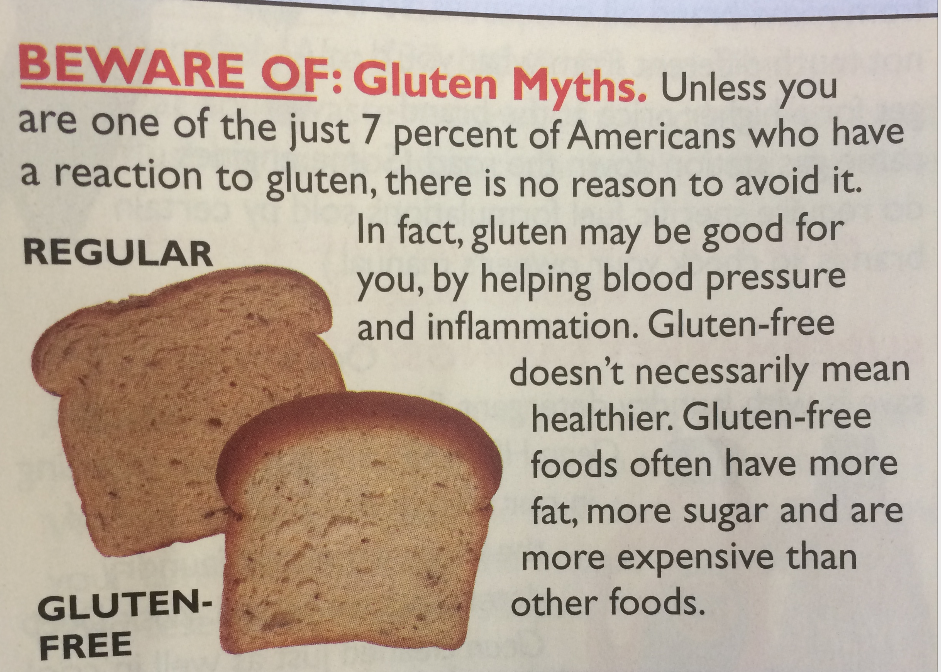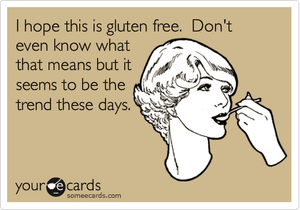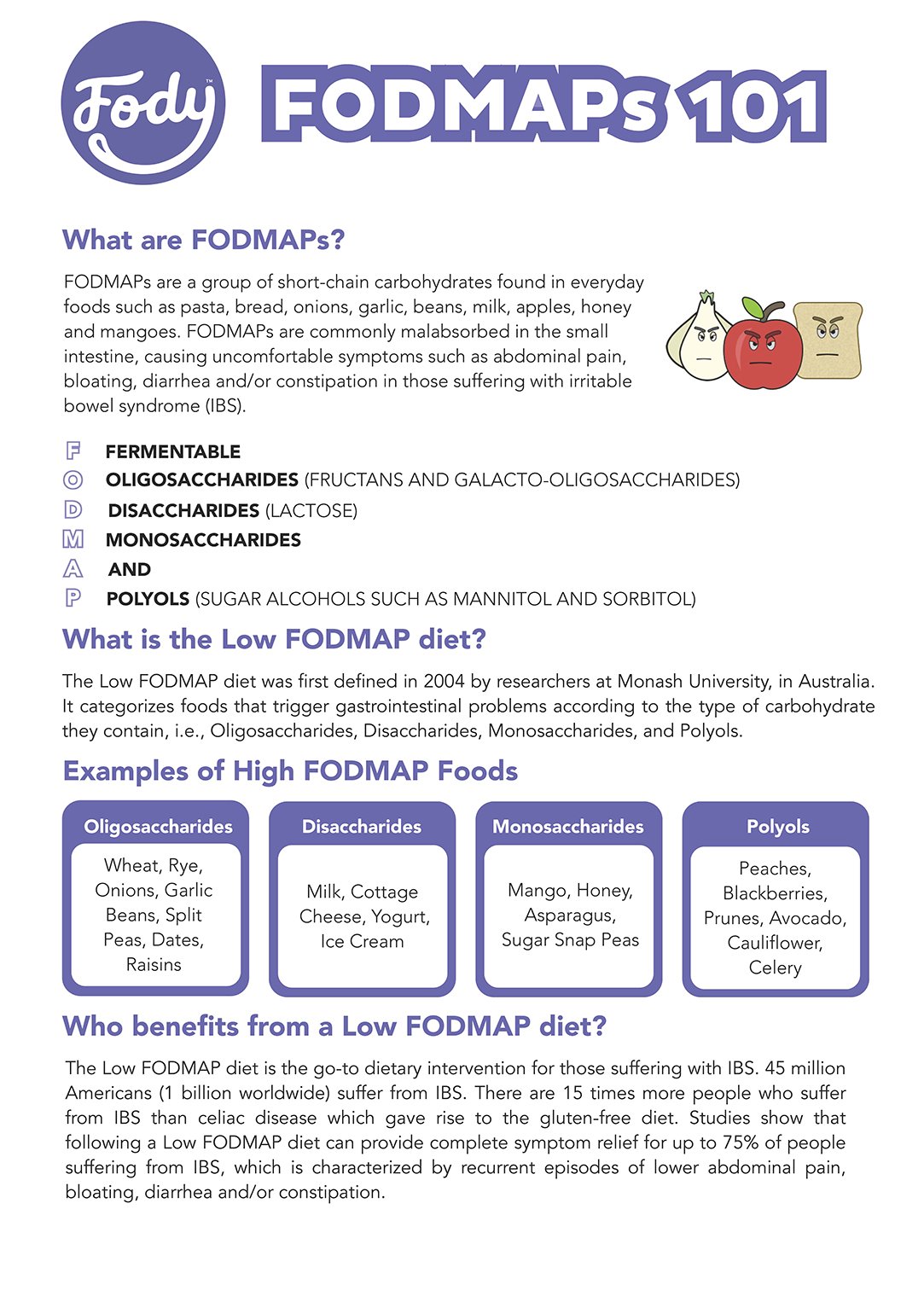https://cdn.steemitimages.com/DQmVLUtfMbhchwDuF8et68qU5WjQMTyiZVHEzV1bW4y4QzN/7494FB4D-FE4C-4EFA-856A-BBDB1A00E1A7.jpeg
Gluten free diets are currently one of many health trends so let’s debunk some of those myths. This is not just my opinion! This post is based on many scientific studies to which I have provided links below as a proof that I am not just waisting your time here😉

Source:[https://www.myweekly.co.uk](https://www.myweekly.co.uk) Firstly let’s define what is Gluten? The word gluten means 'glue' in Latin. In wheat, gluten is formed when the proteins glutenin and gliadin cross-link into a net-like structure that provides elasticity (stretchiness) and viscosity (thickness). Gluten is simply a protein naturally found in some grains like: 👉Wheat 👉Barley 👉Rye 👉Spelt 👉Wheat berries 👉Durum 👉Semolina 👉Oats—though naturally gluten free—often contain gluten from cross-contamination, as they are processed in the same facilities as the grains listed above. Gluten is also sold as wheat gluten, or seitan, a popular vegan high-protein food. There are also less obvious sources of gluten. For example soy sauce, lecithin, modified food starch, and occasionally medications and vitamins (from cross-contamination or the use of wheat starch as fillers or in the coatings). Gluten gives foods like bread and doughnuts their chewy and doughy fluffy awesomeness. Without gluten, the dough would easy fall apart. Gluten is my friend 😁 Now, let’s take a look at some facts and myths!

Photo credit:[http://www.improvementwarriorfitness.com At this point in time there is no scientific evidence to show that removing gluten from the diet is a good way of healthy living or for weight loss. Gluten free diets in healthy individuals are completely unnecessary ! Foods with gluten are often replaced with poorer quality foods, which are not any healthier at all. That’s because some gluten-free baked goods are higher in fat,and calories but lower in protein. Imagine gluten free Oreos??😁 We need to be careful when we avoid foods with gluten as it can lead to deficiencies in essential nutrients, including: iron, calcium, fiber, folate, thiamin, riboflavin, and niacin. A study published in The BMJ in 2017 concluded that a person who follows a gluten-free diet without having celiac disease has a higher risk of cardiovascular disease in the long term. This is because they will miss out on the heart-healthy benefits of whole grains. Source : [https://www.bmj.com/content/357/bmj.j1892](https://www.bmj.com/content/357/bmj.j1892) If you are planning to go gluten-free diet, please plan carefully to avoid nutritional deficiencies.

Source:[https://cuencahighlife.com Gluten is only bad for people with celiac disease! celiac disease is a SINGLE intolerance to gluten and is only diagnosed by your doctor after several tests. ....then we hear about Non Celiac Gluten Sensitivity (NCGS)/Gluten intolerance. As per above there isn’t enough evidence to support NCGS and we don’t know exactly what causes it. Evidence: https://www.sciencealert.com/scientists-who-found-evidence-for-gluten-sensitivity-have-now-shown-it-doesn-t-exist?fbclid=IwAR2XHda7Pn5cJ77_qs6PrEDqvuZ8buaEHWPFgYTlSVNwL3FjnuVbjvGU5QU Symptoms of Gluten intolerance include bloating, flatulence, diarrhoea, stomach pain, weight loss, eczema, erythema, headache, bone and joint pain or chronic tiredness. Some studies show that as little as 0,5% of people may have this condition, while others go as high as 6% , so its very little! Evidence: https://bmcmedicine.biomedcentral.com/articles/10.1186/1741-7015-10-13?fbclid=IwAR0rC3GYarXduqQ2cEBv9nogz0zjkd3IeyUg8gU811Vkn4GsXyz0_6WlKMw .....If celiac disease and gluten intolerance is rarely happening ,that raises a question... Why we feel better as soon we stop eating gluten? Foods containing gluten: 🥪🥖Bread, 🍜Pasta, 🍕 Pizza, 🍪🍩biscuits, 🍰🧁cakes, 🍺🍻beer, 🍟potato chips, processed foods , seasoning and many more! Most people who think they have an issue with gluten, actually they have an issue with the short chain carbohydrates called: Fermentable Oligosaccharides, Isaccharides, Monosaccharides, and Polyols in short👉👉👉(FODMAPs),which trigger irritable bowel syndrome (IBS). These FODMAPs are present in gluten-containing grains.

Source:[https://www.fodyfoods.com](https://www.fodyfoods.com) This could also explain why people with IBS show improvement in symptoms when on a gluten-free diet! 👉Cutting gluten we accidentally cut some of the foods that are hurting us. 👈 If you want read more about FODMAPs click here: [https://alittlebityummy.com/is-the-low-fodmap-diet-the-sam](https://alittlebityummy.com/is-the-low-fodmap-diet-the-sam)…/ and here: [https://www.ibsdiets.org/fodmap-diet/fodmap-food-list/](https://www.ibsdiets.org/fodmap-diet/fodmap-food-list/) If you think you need to avoid Bread because wheat contains Gluten, remember that wheat also contains albumin, gliadin and globulin so you could be allergic to those, not gluten. If you think you have an issue with gluten or wheat then get properly tested for it by your doctor. Bottom line: ✅Don’t do this alone. Work with a gastroenterologist or internist who’s knowledgeable about gluten problems. If your doctor dismisses your concerns, persist or find someone else. ✅If you feel better without gluten but still have symptoms like bloating and diarrhea, check out a list of high-FODMAP foods and see which may be affecting you. ✅There is no evidence that everyone needs to avoid gluten, and there is definitely a "fad component" to the gluten-free trend. I hope this helps someone😉

Originally posted here: https://steemit.com/appics/@healthandfitness/why-you-shouldn-t-go-gluten-free-unless-you-have-celiac-disease




No comments:
Post a Comment